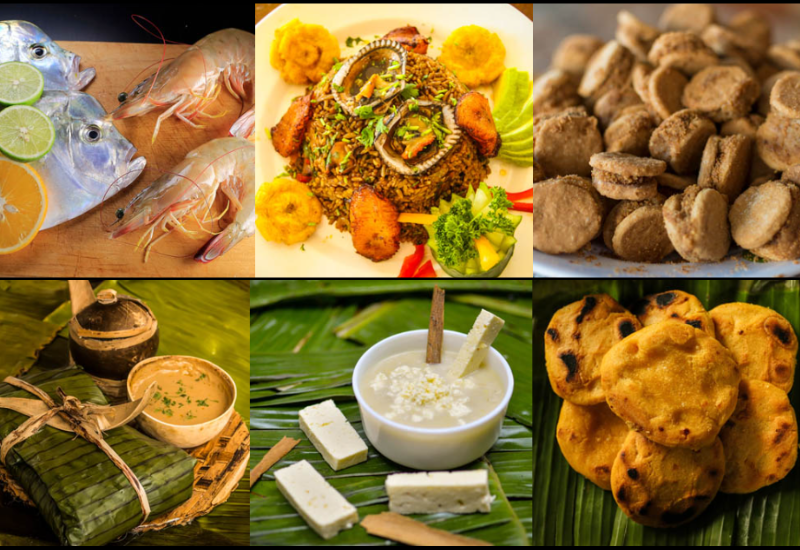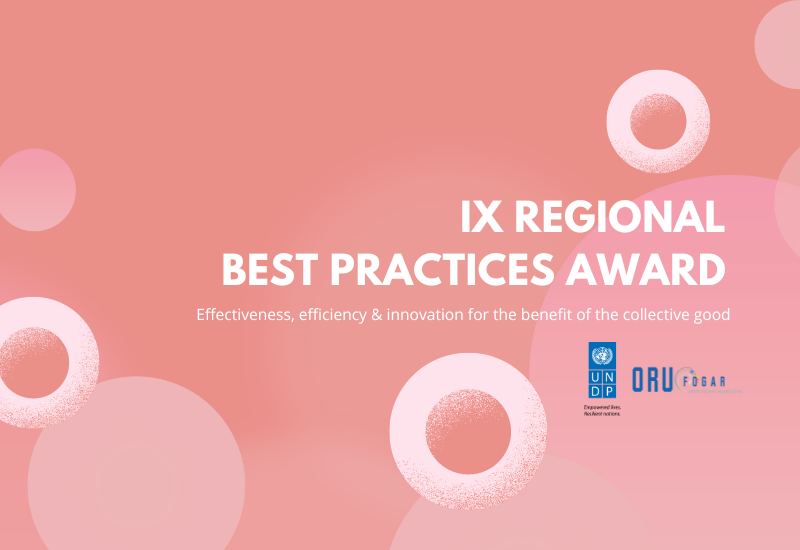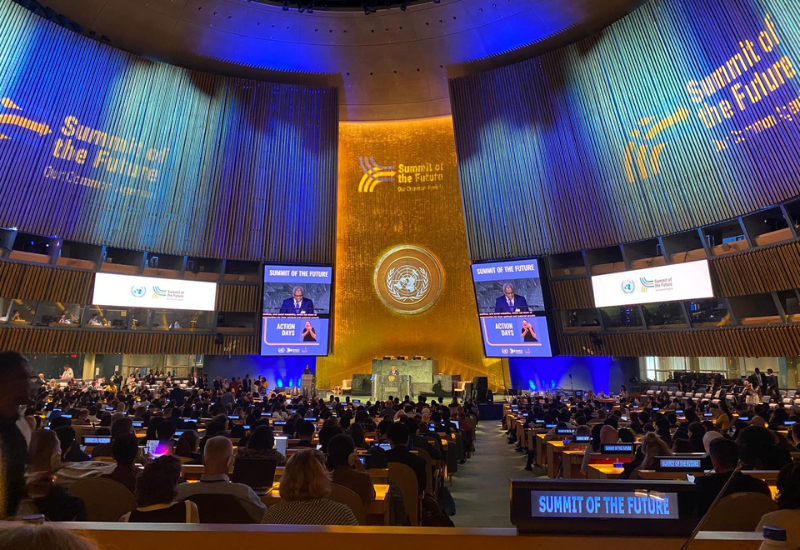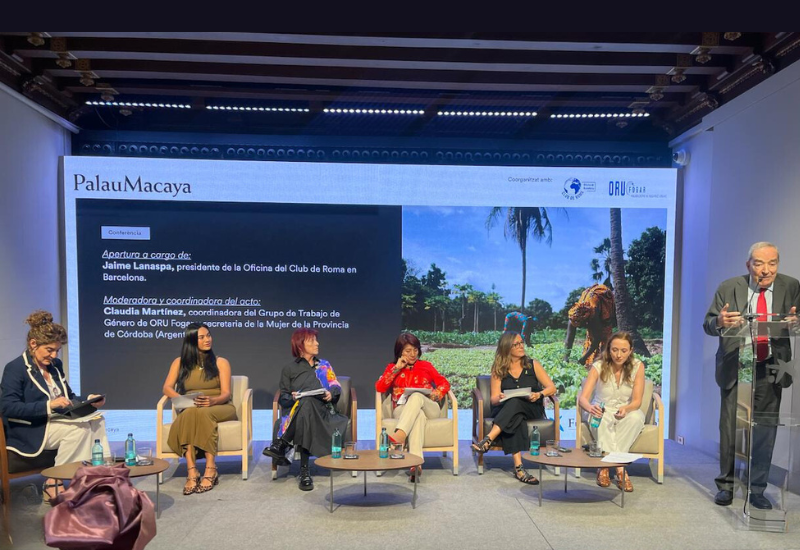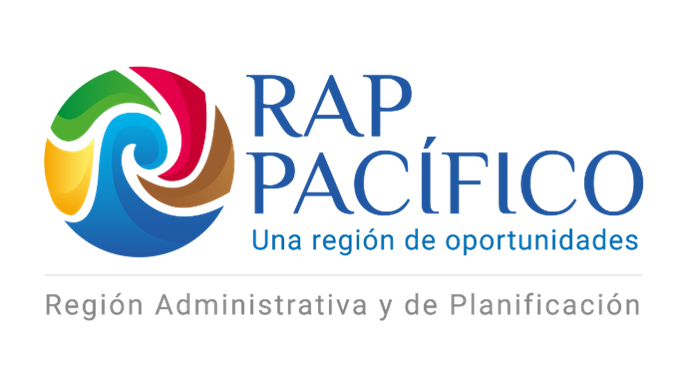
On September 25th, 2015, Agenda 2030 was solemnly approved by all Member States of the United Nations.
Under the watchful eye of regional and local governments, civil society, academia, and international public opinion at large, the world leaders gathered in New York pledged to free humanity from the tyranny of poverty and deprivation and to heal and protect our planet. To this end, Agenda 2030 includes 17 Sustainable Development Goals (SDGs) and 169 targets.
This represents an unprecedented leap forward in the fight against poverty and inequalities, as well as in the struggle for environmental sustainability. Indeed, the guiding principle of the new agenda is that human dignity and the protection of the planet are the pillars upon which human progress must rest.
The SDG embody a universal, inclusive and transformative vision of development.
Universal because all countries without exception are committed to achieving them, thereby overcoming the paradigm of a bipolar world composed of developed and developing countries.
Inclusive because Agenda 2030 aims to leave no-one behind, and its very conception has been the result of an unprecedented consultation process involving all stakeholders, including regional governments. One of the most paradigmatic examples of this process is the MY World 2015 global survey, which engaged nearly ten million people from 194 countries.
And transformative because it is designed not just to combat poverty and inequalities, including between and within countries, but also to improve the living conditions of people worldwide, create opportunities for full human development and ultimately ensure a life of dignity for everyone on the planet.
Regional governments should celebrate their contribution to the definition of this agenda. Their voice has been present in the post-2015 process and they have a key role to play in the localization and achievement of the SDGs.
There is no question that each regional government should design its own strategies and work plans based on the needs and particularities of each territory. However, four general work streams can be suggested to facilitate the landing of the SDGs at regional level; around which the UN SDG Action Campaign and the United Nations system as a whole can provide support.
Firstly, facilitating public awareness on the SDGs; for example by launching SDG communication campaigns or identifying existing opportunities to promote the SDGs (e.g. incorporating the SDGs in public events and spaces managed by the regional government).
Secondly, allowing a multi-stakeholder approach; for example inviting representatives from different sectors of society and building on existing structures such as advisory councils to generate an open debate on the localization of the Goals in the territory.
Thirdly, aligning regional policies with the SDGs; this could include for example conducting an analysis of existing polices and defining models to adapt SDG indicators, as well as ensuring adequate policy coherence between and within all areas of government.
And finally, generating robust and effective mechanisms for monitoring at territorial level; which may include levering tools for open public consultation, such as the MY World 2030 survey (in beta form) which will enable the measurement of citizen sentiment around the SDGs and their rate of implementation both at scale and at the national and sub-national levels.
The leadership of ORU Fogar will be key to bring this home and generally to facilitate the landing and implementation of the SDGs. Important events such as the VII World Summit of Regional Governments and Habitat III, and innovative proposals such as the First Regional Best Practices Award, should serve to create strong synergies and define the next steps on the path towards the fulfillment of Agenda 2030. We have 15 years ahead of us but there is no time to waste, and we can leave no-one behind.
Xavier Longan
Programme Analyst - UN SDG Action Campaign

